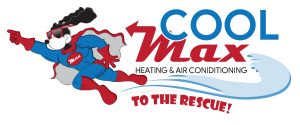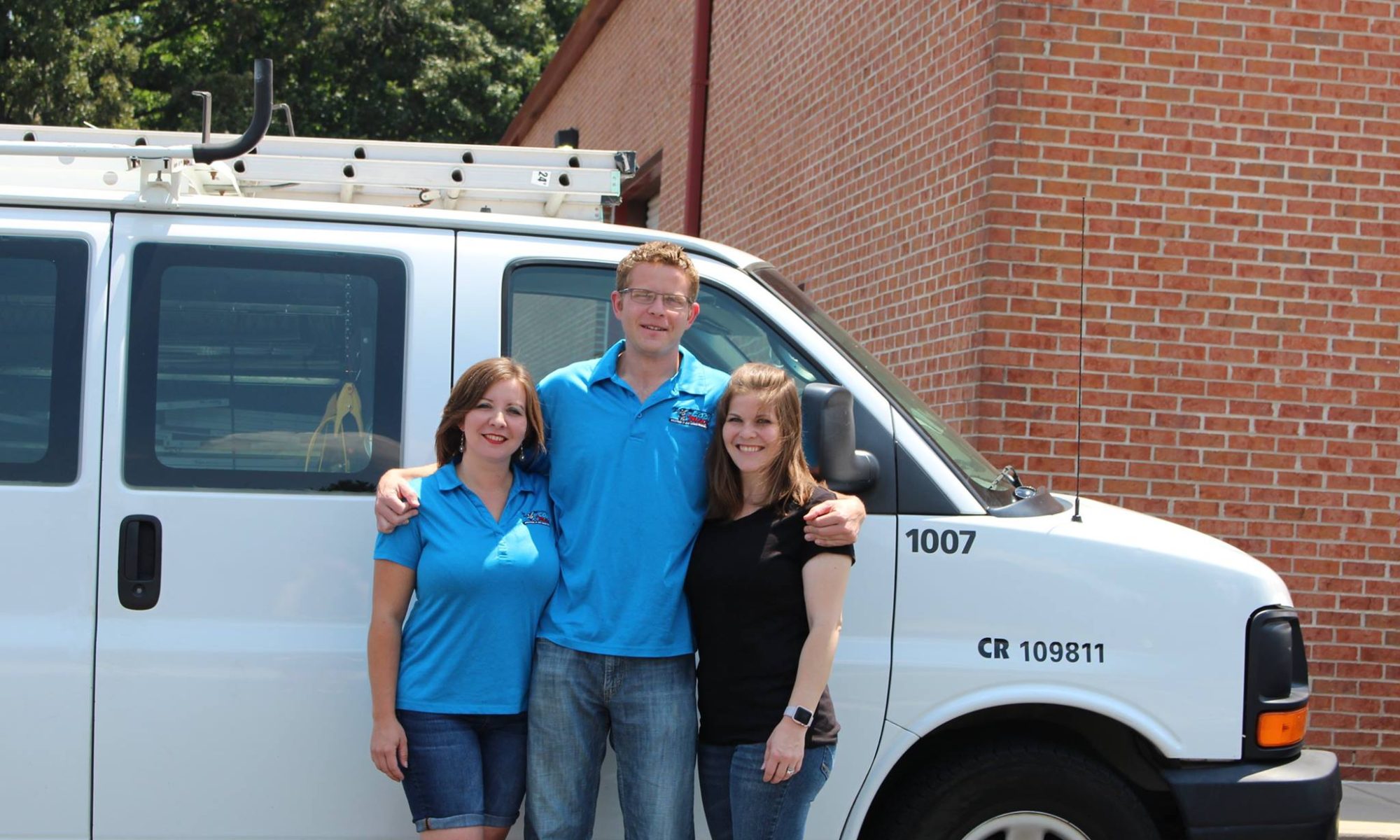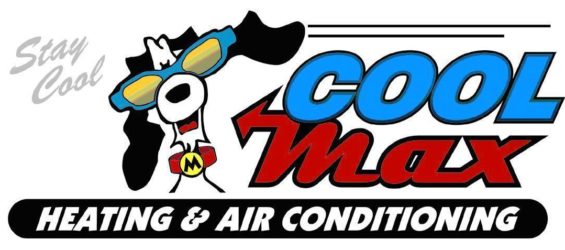Heating & Air Conditioning Contractor in Lilburn
 Do you live in Lilburn and you need heating and air conditioning repair service, but you are not sure who to call? Well don’t wonder anymore. Cool Max Heating & Air Conditioning is a local, family-owned, Christian HVAC company that serves the Lilburn area. We strive to always honor God in our business and treat our customers the same way that we want to be treated. We are licensed and insured with liability insurance and have an A+ rating with The Better Business Bureau. So whether you need service for your Goodman air conditioner, your Trane furnace, or your Lennox heat pump, Cool Max is ready to serve you. We repair all brands, including Ruud, Rheem, Amana, Carrier, etc.
Do you live in Lilburn and you need heating and air conditioning repair service, but you are not sure who to call? Well don’t wonder anymore. Cool Max Heating & Air Conditioning is a local, family-owned, Christian HVAC company that serves the Lilburn area. We strive to always honor God in our business and treat our customers the same way that we want to be treated. We are licensed and insured with liability insurance and have an A+ rating with The Better Business Bureau. So whether you need service for your Goodman air conditioner, your Trane furnace, or your Lennox heat pump, Cool Max is ready to serve you. We repair all brands, including Ruud, Rheem, Amana, Carrier, etc.
Indoor Air Quality in Lilburn
Does someone in your family suffer from asthma or allergies in Lilburn? Cool Max has some amazing solutions! Most heating and air conditioning companies offer only one solutions – just filter the air through the air supply system. Cool Max is different. Why? We take the whole house approach to help our Lilburn customers. We use scientific equipment and testing devices to inspect your home for infiltration of unhealthy air. Once those air leaks are located, we can seal them. Stopping unhealthy air from entering into your breathing environment from unhealthy places like your attic or crawlspace, is one of the first steps to take.
Cool Max understands how important it is to also look at humidity levels. The Lilburn area is known for its high levels of humidity in the summer months. Too much humidity breeds certain types of unhealthy viruses and bacteria as well as dust mites, which are triggers to most asthma sufferers. On the other hand, air that is too dry, breeds other types of unhealthy bacteria and viruses. Air that is too dry can dry out your sinuses, making you uncomfortable and even lead to nosebleeds. Controlling humidity not only affects the comfort level in the home, it is also an important factor contributing to having healthy air to breath in your Lilburn home.
Other factors that affect indoor air quality
Have you ever had one of those cute little squirrels running around in your attic in Lilburn? They may be cute, but what they leave behind is not. That is a good reason to have your whole house tested. Not only do we look for signs of rodents and their unhealthy droppings, we also check your air duct system. The duct system is a series of pipes that distribute the conditioned air throughout your home. If your air supply duct system is located in your attic, and you have leaks in your duct system, you could be breathing air from rodent excrement. We will check your air supply system for air leaks.
Unhealthy HVAC Materials:
Many of the houses in Lilburn and the surrounding Atlanta area are constructed with fiberboard supply and return air boxes, or plenums, on their heating and cooling equipment. It is more cost effective (cheaper) and meets the State of Georgia code requirements. However, these plenums are made of fiberboard and have fiberglass insulation exposed on the inside of the plenum box, where the conditioned air travels, before reaching your room. Several studies have shown that fiberglass is unsuited for use in the air stream. Not only does it absorb moisture, it also has an irregular surface area that traps dirt particles, is impossible to clean, and releases inorganic fibers which can be delivered to your breathing environment. As a result, bacteria and mold thrive in the fiberglass and may be transported to the breathing environment in your home on a fiberglass fiber. If you have these fiberboard plenums in your home and have allergies, asthma or respiratory problems, you may want to consider replacing them with metal plenums, which are not a source for mold growth and do not have fiberglass on the inside of them.
A quality hepa filter or electronic air cleaner is also critical in helping trap unwanted dust particles, viruses and bacteria that enter into your air supply system. A high-end air cleaner can trap allergens down to .1 microns in size. Particles like dust, soot, mold spores and bacteria are often .3 microns.
For more information about our indoor air quality inspection and energy audit click here.

